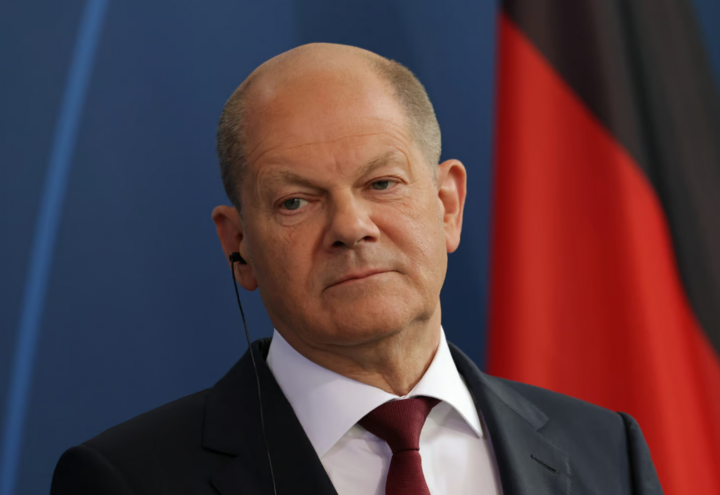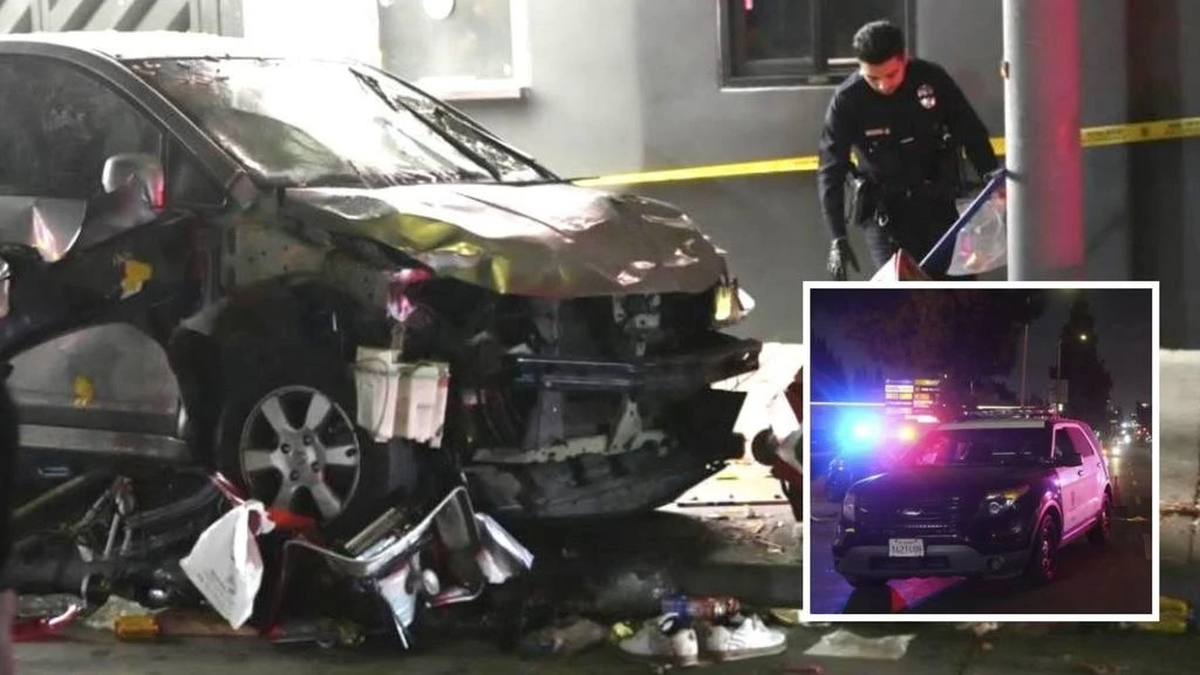Earlier this month, German newspaper Bild cited a survey showing public support for Chancellor Olaf Scholz had fallen to a record low.
According to media reports, about 64% of respondents want Mr Scholz to leave office before the end of his term. A majority meanwhile believe that Social Democrat Boris Pistorius, who is also the current defence minister, should replace Mr Scholz as chancellor.

German Chancellor Olaf Scholz. (Photo: Getty)
In an interview with Die Zeit published on January 24 (local time), Mr. Scholz called rumors that he might resign amid falling approval ratings "fantasy." He denied even considering the idea.
Still, Chancellor Scholz acknowledged public concerns surrounding issues such as the fallout from the conflict in Ukraine and the COVID-19 pandemic for Germany, among others.
However, Mr Scholz insisted that the overall policies his coalition government had pursued so far were correct. Asked why most Germans seemed unhappy with his cabinet, Mr Scholz commented that people were mainly worried about the “biggest industrial modernisation in over 100 years” the country was undergoing.
“It's a journey with no end in sight,” he said.
Since mid-December 2023, massive protests have broken out in Germany by farmers over the government's plan to cut subsidies for the agricultural sector, in the context of having to compensate for a 17 billion euro ($18.6 billion) budget deficit.
Faced with persistent opposition, Mr Scholz's government agreed not to abolish tax incentives for agricultural vehicles and to postpone diesel tax cuts until 2026.
However, the German Farmers' Association found those concessions inadequate.
In early January, train drivers staged a large-scale strike (which resulted in the suspension of about 80% of long-distance rail services), demanding reduced working hours and higher wages, in addition to a one-off payment of a subsidy (3,000 euros) to offset inflation.
Phuong Anh (Source: RT)
Source
























![[Photo] National Assembly Chairman Tran Thanh Man visits Vietnamese Heroic Mother Ta Thi Tran](https://vphoto.vietnam.vn/thumb/1200x675/vietnam/resource/IMAGE/2025/7/20/765c0bd057dd44ad83ab89fe0255b783)









































































Comment (0)